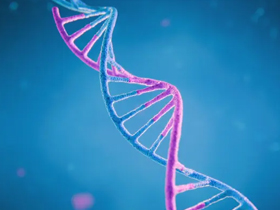LC-MS DATA INTERPRETATION LEVEL 1
TRAINING COURSE
This training covers the first two stages in the interpretation of LC-MS data.
These are picking out compounds of interest in the chromatogram and working with the molecular ion.
This course covers the interpretation of qualitative data generated by a typical LC-MS. We explore techniques that optimise the visualisation of compounds within a complex chromatogram and work with the molecular ion. The majority of the material can be applied to simple, single-stage mass spectrometers.
We use workshops to build your confidence in working with LC-MS data, highlighting common mistakes and teaching you practical skills that minimise misinterpretation and maximise compound information.
This training is suitable for anyone wishing to develop their understanding and gain confidence in the interpretation of data generated by a typical LC-MS system.
LC-MS DATA INTERPRETATION LEVEL 1 COURSE DETAILS
- Using multiple approaches to visualise compounds of interest within a complex chromatogram
- Identification and confirmation of the molecular ion
- Extracting additional information from the molecular ion
We offer flexible delivery options for this instructor-led course:
- On-site: one full-day session at your laboratory or any location of your choice.
-
Online: two half-day interactive sessions.
View our online training calendar for upcoming dates.
Those wishing to attend this course should be experienced in LC-MS methodology and data acquisition. Ideally, they should have already attended our LC-MS training course.
-
Highlighting compounds of interest within the chromatogram
- Using collision-induced dissociation effectively
- Comparison of CID and MS/MS spectra
- Using precursor ion scanning, constant neutral loss scanning and data-dependent experiments in tandem instruments
- Improving the quality of data generated in TIC
- Use anticipated mass differences (e.g. metabolic transformations) to highlight low concentration compounds of interest
- Using contour maps
- Using extracted mass effectively
-
Identification and confirmation of the molecular ion
- Background signals
- Multiple charging
- Adducts
- Influence of fragments of molecular ion confirmation
-
Building on the molecular ion
- Isotopes
- Rings and double bond equivalents
- Optimising empirical formula information
- Mass delta




